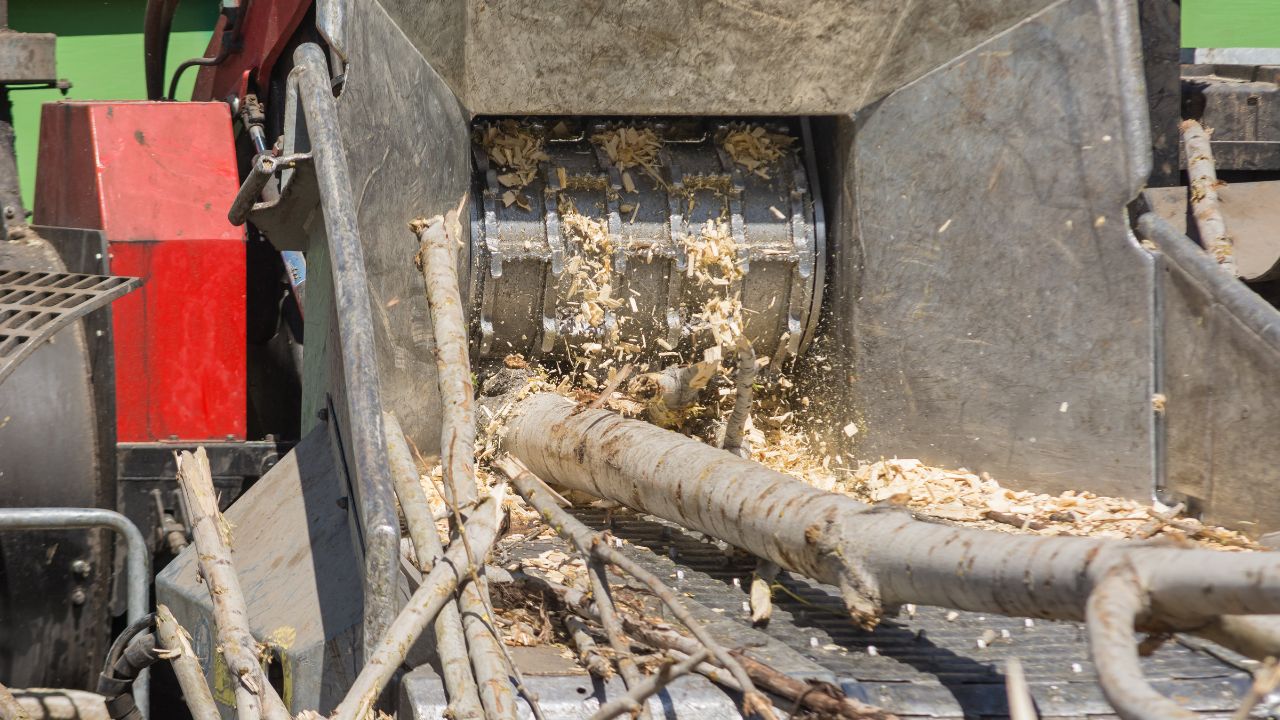Wood chipper teeth operate as essential components for waste management because they effectively break down organic materials. The wood chipper teeth function as small but effective components that perform the essential tasks of wood waste reduction through cutting and grinding operations to create smaller, workable pieces. The modern emphasis on sustainability and waste reduction depends heavily on wood chipper teeth to advance recycling operations and produce biomass materials and clear land areas. The efficient processing of wood waste through these systems helps decrease landfill overflows while enabling renewable energy production and protecting the environment.
Efficient Reduction of Organic Waste
Wood chipper teeth serve to rapidly decrease organic waste materials during waste management operations. The appropriate handling methods are essential for disposing of tree branches along with logs and other wooden waste generated from forestry activities, construction sites, and landscaping activities. Waste materials that receive improper processing end up increasing landfill volume, thus requiring more space and posing environmental hazards. The teeth in wood chippers quickly transform large quantities of wood waste into wood chips and mulch thus providing improved waste management and industrial byproducts.
Reduction of Landfill Waste and Environmental Benefits
The proper execution of wood waste processing helps reduce organic waste in landfills to create environmental advantages. Environmental problems occur at landfills because organic materials like wood generate methane gas while decomposing naturally. Efficient wood chipper teeth operations enable waste diversion from landfills thus promoting sustainable waste disposal through environmentally friendly practices. The sustainable waste management system benefits from wood chipper teeth because these tools reduce the long-term environmental effects of waste produced by industries that generate large amounts of wood waste.
Recycling and Mulching Applications
Wood chips derived from chipping operations are found to be extensively used in recycling applications by the agricultural and landscaping sectors. The use of wood chip-based mulch in landscaping achieves three essential benefits: the retention of soil moisture, weed suppression, and enhanced soil quality. Public and commercial landscaping projects receive mulch that results from municipal waste management systems processing tree limbs and yard debris through wood chipper operations. The process efficiency depends on wood chipper teeth' durability and sharpness because these characteristics determine the quality and consistency of processed material that meets industry criteria.
Importance of Durable and High-Quality Wood Chipper Teeth
Wood chipper teeth operate effectively for waste management when they demonstrate durability while maintaining their sharpness through resistance to wear. Wood chippers that use carbide-tipped or forged steel teeth perform optimally when processing dense and tough materials because these materials maintain their high quality. The efficiency of wood chippers depends on scheduled tooth maintenance and immediate tooth replacement when they become worn to avoid machine breakdowns. Wood chipper teeth serve as essential industry components because their selection determines both operation efficiency and waste management sustainability.
Conclusion
In conclusion, the wood chipper teeth function as essential components for modern waste management operations because they convert organic waste into usable materials. Wood processing efficiency from wood chippers enables biomass energy generation and recycling programs and reduces waste sent to landfills. The investment in premium chipper teeth, together with their proper maintenance, enables industries to boost sustainability practices while achieving better operational effectiveness. The evolution of waste management depends on wood chipper teeth to effectively repurpose wood waste, which creates a sustainable environment.


